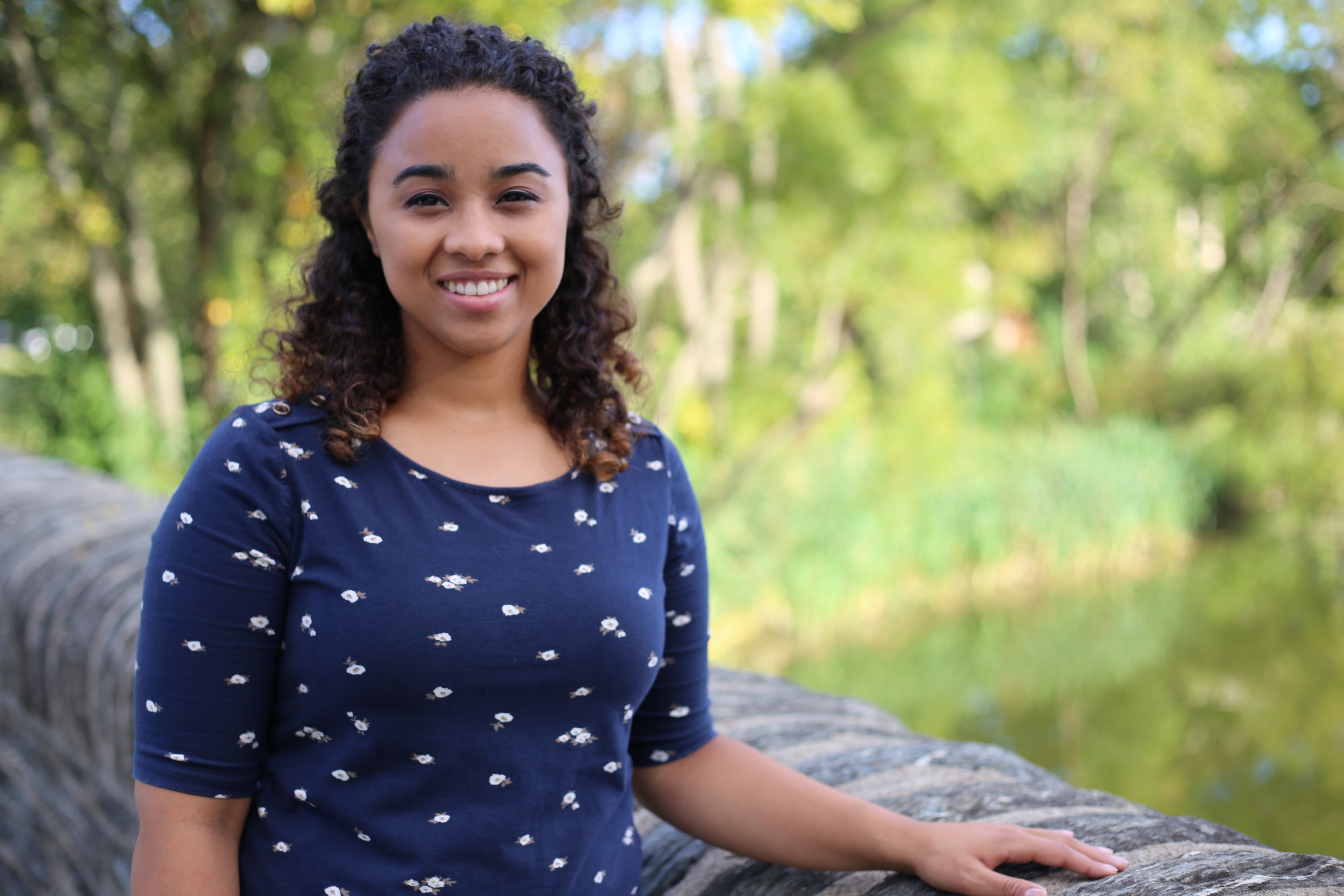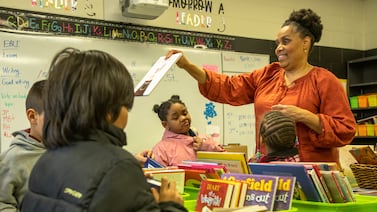Students can learn healthy study habits and build confidence through music education, says Melanie De Jesus, a music teacher at Philadelphia’s Louis H. Farrell Elementary School. During her music lessons, DeJesus makes connections to history, social studies, math, and other art forms, such as visual art and dance.
“Students aren’t just learning how to read, perform and create music; they are learning about the world around them, both past and present. Music also provides a platform for personal reflection, expression, and development. Students learn a lot about themselves and are able to express it in a safe and healthy manner.”
DeJesus’ claim is supported by research, which shows that two years of music instruction can have multiple benefits. It accelerates maturity in areas of the brain that are responsible for language development and reading skills, according to the Brain and Creativity Institute at the University of Southern California.
Her love for music education started in Philadelphia, where she was born, raised, and graduated from George Washington High school in the Northeast. It was at Washington that DeJesus’ music teacher Charles Socki told her and a group of classmates about different music careers they could pursue. DeJesus was a vocalist at Washington and participated in the choir and several musical productions.
“When he [Mr. Socki] talked about being a music teacher, it was a “light bulb” moment for me. My music teachers taught me so much about music and about myself, I wanted to do the same for others.”
After high school, DeJesus graduated from Mansfield University and received her bachelor’s degree in music education. She took a job as a music teacher at a Philadelphia charter school, where she taught for six years before joining the School District of Philadelphia in August 2017.
Last September, she earned her master’s degree in music education from Liberty University.
Though she has enjoyed her time teaching, one of DeJesus’ biggest obstacles as an educator is getting students readjusted after spending almost 18 months learning remotely. “During the first few weeks of school I tried to keep things simple and put as little pressure on the students as possible. I wanted them to enjoy coming back to school and have a great time making music together,” said DeJesus, who increased the difficulty level over time. “Honestly, I’m still figuring things out as I go. Day to day, I try to be sympathetic to the needs and struggles of my students.”
This interview has been lightly edited for length and clarity.
What was your biggest misconception about being a teacher?
That students needed to have complete mastery of a musical piece before they could move on to the next one. In my first year as a teacher I was so focused on having my students play their music perfectly, it stole the joy from the experience. My approach seemed more like a drill sergeant than a music teacher.
Over time I realized that students shouldn’t be overly concerned with perfection. Music should be more about the experience and gaining skills over time. One way that I do this is by allowing them to move on to other pieces that teach the same concepts. Even if their playing isn’t perfect, it keeps them from getting bored while still teaching them the same content. It also leaves room to praise their accomplishments while encouraging them to make improvements for the next piece. My students usually hear me say “Practice makes better!”
Can music be a worthwhile occupation for students to pursue?
While many parents think that music is a great experience for their children to have in school, not all of them feel it is a worthy occupation to pursue. I met a family who was so supportive of their daughter’s desire to be a professional singer, it reminded me of how much parent involvement really makes a difference. They made sure she attended her after-school choir rehearsals and voice lessons. They attended every concert and event she was in. They helped her register for her high school performing arts auditions. They reminded her to practice and stay disciplined. She will now be attending a performing arts high school and without her parents’ involvement, she may not have been able to get this far. I was deeply encouraged by their love and support of music and her goals! I’d like to try and do more to encourage other parents to do the same.
What are some of the things you learned from teaching music virtually that you’ve been able to take with you in the classroom?
Through professional development and many meetings with my colleagues, I’ve learned so much about the online music world. I found fantastic music-making websites and through several of the Google platforms (Slides, Forms, Sites, and Classroom) I learned how to create materials and resources for my students. All of these things have helped me to better organize and break down the content of my lessons, and many of my students like these resources. I continue to use these resources in my classroom.
What’s the best advice you’ve received about teaching?
I once had a colleague tell me it’s okay to change up my lessons on the spot. Sometimes our students need more from us than what we planned. When I was a new teacher I always felt lost if I didn’t stick to the plan, step by step. Yet after receiving that advice I began observing my students more closely and tried to respond to their needs. If the lesson seemed to be dragging, I’d move on to the next step. If the energy seemed to be low, we’d do a movement break/activity. If there was a topic the students really wanted to discuss, we would have classroom discussions. Over the years I’ve become a lot more flexible with my lessons, leaving room for changes when needed. It really helps the students to be more engaged and it shows them that their opinions and feelings have value.
Bureau Chief Johann Calhoun covers K-12 schools and early childhood education in Philadelphia. He oversees Chalkbeat Philadelphia’s education coverage. Contact Johann at jcalhoun@chalkbeat.org.








